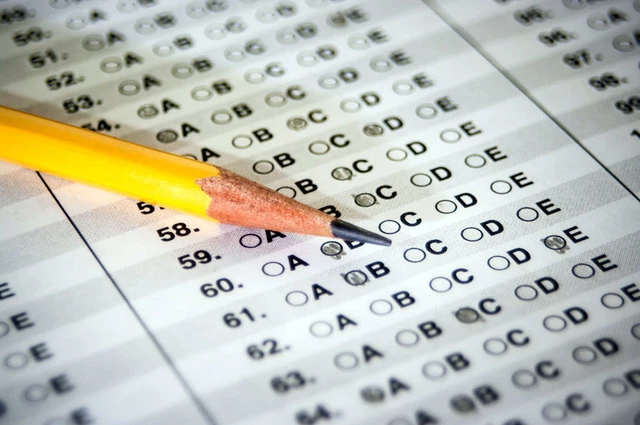4 Review Techniques to Get You Ready for Any Exam

A Comprehensive Review of Test Prep Strategies
How ready are you for your upcoming exams? Honing your test taking skills will prepare you for exams in your high school courses as well as any achievement exams you will take this year. Focusing now on your test taking skills will pay off in the long run as you approach each exam with confidence in your abilities.
The staff at Huntington Learning Centers has helped thousands of students improve their test taking strategies. Some of our favorite strategies include:
- Understanding the directions Each exam is different and has its own testing guidelines. It's important to do your research before exam day arrives to ensure you understand these guidelines. Pay attention to what is allowed in the testing center, your time limitations, and what portions of the testing materials you may write in, complete your work, or jot notes.
- Using your time wisely Standardized achievement tests all have time limits that must be strictly adhered to. Knowing your time limits is important but you should also focus on using every minute wisely. If a question is posing a particular problem, skip it, answer the questions that you're more confident in and return to answer it later. You should also check for errors, reread written passages, and scan your math work until time is called.
- Finding strategies that work for you No two students are alike and during your preparation you'll find specific test taking strategies that are most effective for you. A good way to discover strategies that work for you is to take several practice exams before testing day. You'll learn about the layout and content of the exam while discovering how you work best. Some students like to jot notes as they read while others prefer to read all of the questions before turning their attention to the corresponding written passage.
- Checking for errors Identifying errors is crucial to your success. Several times during the testing session make sure that your response sheet corresponds with the exam questions. This mistake is much easier to solve if you identify your errors early. Double check that you have followed all of the testing guidelines, erased any errant marks, and answered every question.
Huntington Learning Centers provides comprehensive test prep review and test taking strategies for achievement exams. Our tutors are specially trained to provide general strategies and test specific information for a variety of exams, including:
- SAT: The SAT Exam is an achievement exam that plays an important role in determining college admission and scholarship opportunities. The SAT Exam is offered on seven testing dates each year and most students take the exam during their junior year with the option to retest
during senior year. - ACT: The ACT Exam is an achievement exam that is offered six times each school year and is designed to assess a student's academic achievement and readiness for college. Results from the ACT Exam are typically used to help determine college admission and are accepted by all four year universities and colleges in the United States.
- PSAT: Most students take the PSAT in October of their junior year in high school. It is similar to the SAT exam and is a good indicator of a student's potential on the SAT. Academic organizations, such as the National Merit Scholarship Program, award scholarships based on PSAT scores.
- SAT Subject Tests: In recent years the College Board began offering individual subject area tests as part of the SAT exam. These tests are designed for students to display the specific knowledge they have gained during their high school courses. Colleges use the SAT Subject Tests to form admission decisions, determine readiness, and place students in courses.
- AP Exams: After completing a year-long AP course students have the opportunity to sit for a subject specific AP Exam. These exams cover college level material and are typically taken to highlight a student's knowledge and earn college credit. There are 31 AP Exams offered in the five general subject areas of science, math, history, language, and English.

